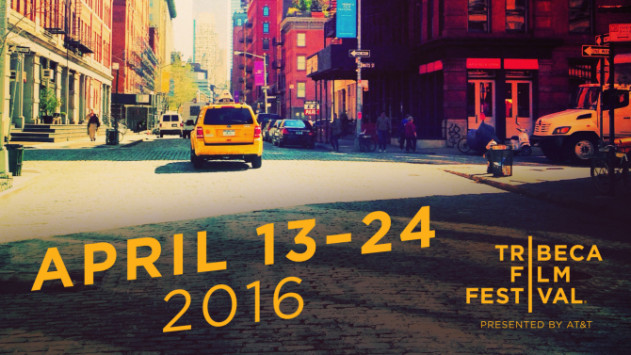Tribeca Film Festival – “I’ll Sleep When I’m Dead”
Steve Aoki is one of the most influential DJs in the history of electronica, being one of the first artists to combine hardcore punk with dance music to create a genre unlike anything heard in the U.S. before. After a decade of grinding his way through underground gigs and festivals he has become one of the biggest acts on the planet. Playing over 300 shows a year, he has been touted as one of the most recorded people in history. Punishing himself with an inhuman schedule which literally leaves him almost no time for sleep, Aoki is practically a machine. But does he even enjoy his success, his robotic pursuit of his own limits? What drives him? This is what concerns Justin Krook’s “I’ll Sleep When I’m Dead,” a documentary of passion bordering on fanaticism, of drive flirting with self-destruction.
Early glimpses of his life paint Aoki as desperately unhappy—ostracized as a child for his Japanese ancestry by his American peers and unable to fit in, he turned to music as a means of personal expression and escape from a less-than-nurturing home life. His father was Hiroaki Aoki, known to millions of Americans as “Rocky” Aoki, the Japanese-born wrestler, businessman, and daredevil who introduced the West to teppanyaki via his Benihana chain of hibachi restaurants. Largely absent as a father and downright neglectful in his rejection of his son’s ambitions, Rocky instilled Aoki with an abusive work ethic and drive to prove himself.
But I ask again: is he happy? He certainly seems so as he cliff-dives near his Ibiza home, crowd-surfs at his concerts, and smashes wedding cakes into the faces of his fans. Yet a nagging sensation lingers: would Aoki have pushed himself so hard if he hadn’t suffered so much? Krook certainly manages to immerse the audience into an approximation of Aoki’s mindset with brief intervals of calm breaking up chaotic orgasms of violent noise. Both the editing and the cinematography mimic the ebb and flow of a pulsating techno track. But I found the ending of “Sleep” somewhat hollow; the film ends on a celebratory note as Aoki puts on a massive free concert in the streets of Los Angeles to promote his new album Neon Future. We are supposed to see victory. But I see a man still pushing himself because he literally doesn’t know how not to. That isn’t triumph, that’s tragedy.
news via inbox
Nulla turp dis cursus. Integer liberos euismod pretium faucibua



